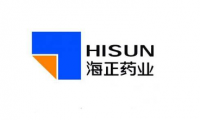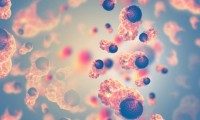-
Drug Farm candidate gains rare paediatric disease status
- Source: drugdu
- 396
- January 17, 2024
-
Improve education, health equity to boost cervical cancer screening
- Source: drugdu
- 338
- January 17, 2024
-
CAR-T hype faces infrastructure reality check
- Source: drugdu
- 564
- January 17, 2024
-
Pfizer’s eye for China ADC deals; Astellas’ gastric cancer rejection
- Source: drugdu
- 315
- January 17, 2024
-
【EXPERT Q&A】How to Start a Medical Device Trading Company?
- Source: drugdu
- 509
- January 16, 2024
-
Benchtop Analyzer Promises 1-Hour UTI Detection and Antibiotic Sensitivity Indication
- Source: drugdu
- 348
- January 16, 2024
-
Hundreds of chemicals linked to breast cancer risk identified in new study
- Source: drugdu
- 556
- January 16, 2024
-
Dexcom Announces Preliminary and Unaudited Revenue For Fourth Quarter and Fiscal Year 2023
- Source: drugdu
- 423
- January 16, 2024
your submission has already been received.
OK
Subscribe
Please enter a valid Email address!
Submit
The most relevant industry news & insight will be sent to you every two weeks.

















